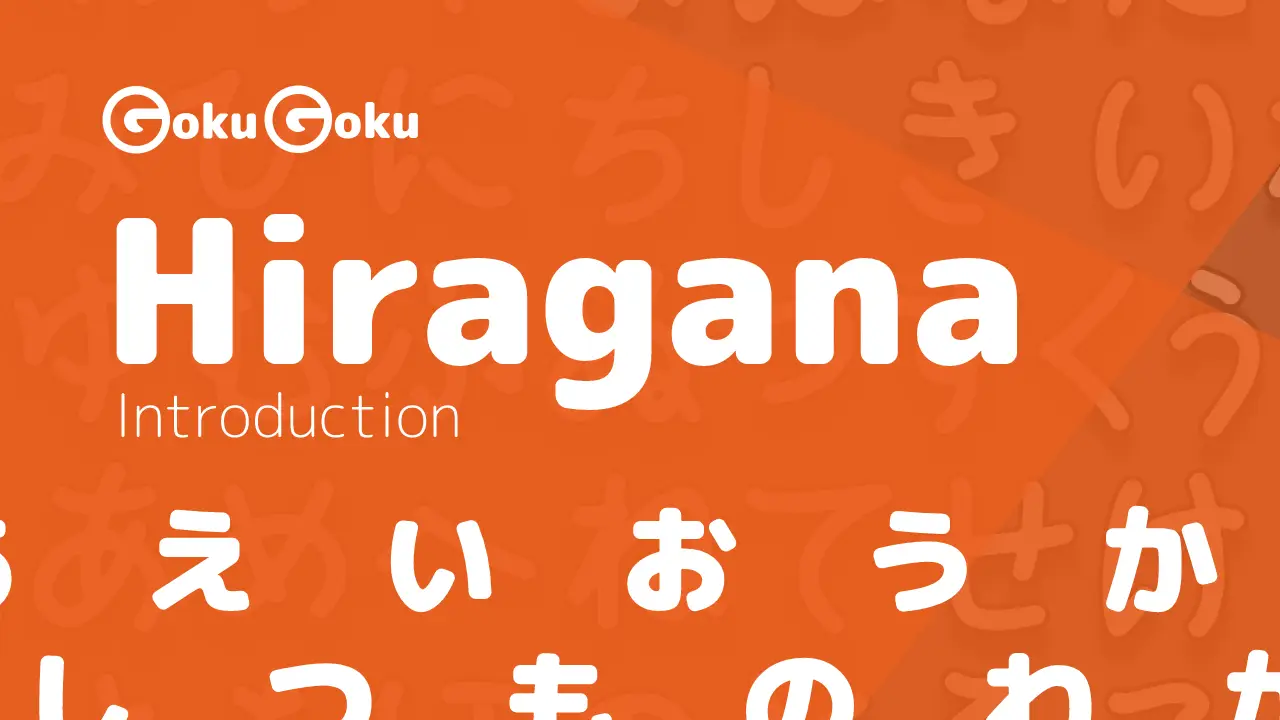要するに (you suru ni) Meaning Japanese Grammar - In Short
Anna Baffa Volpe
Get in touch with meThe expression 要するに (you suru ni) means in a word, in short or in conclusion, to sum it up.
In this post we learn more about the meaning of 要するに, how it is formed, and when 要するに is used through real example sentences.
We also analyze the similarities and the differences among 要するに, すなわち and つまり.
How 要するに is formed
The expression 要するに is generally used at the beginning of a sentence, but can also be found within it.
It is formed by:
- 要 indicating the
need, themain point - the verb する meaning
do - and the particle に
⇨ to put it simply, in short
要するに at the beginning of the sentence
要するに彼が間違っていたのです。
In short, he was wrong.
要するに、ここでレースを行うわけだ。
In short, this is where the race takes place.
要するに within the sentence
あなたが言いたいことは要するに、金がほしいということでしょう。
In short, what you're trying to say is that you want money.
色々な言い訳もあるだろうが、要するにこれはあなたの責任なのだ。
There may be many excuses, but in essence this is your responsibility.
How and when to use 要するに
要するに is used to summarize briefly the main points of what the speaker 話し手 or the interlocutor 聴き手 has said.
要するに is used in order to sum up and make clear the conclusion of the speech.
私は新聞やテレビ報道は全くみていないが、大体のニュースは内容までほぼ把握している。要するに、情報をテレビや新聞ではなくインターネットで把握しているということ。
I don't see any newspaper or TV reports, but I know the content of most news. In other words, I get the informations from the Internet rather than from television or newspapers.
要するに君は何を言いたいのかね。
In short, what are you trying to say?
話の内容を確認する: checking whether we have understood the speech is a goal of 要するに, but beware of the advice that follows. From a video about the effective use of language:
0:00.00
-1:0-1.00
今回は「要は」や「要するに」が口癖の人は反感を買う可能性があるので注意しましょうという話です。
This time, I'm going to tell you that people who have the habit of saying ``in a word'' or ``in short'' should be careful, as they may provoke antipathy.
At a colloquial level we can simply hear 要は instead of 要するに.
What is advised is to use this expression appropriately, e.g. it might be indelicate towards a superior 上司 who is talking about a matter; our summary expressed after 要するに might not match what our superior has actually said.
It may seem like a way of interrupting the speech or it may convey to the interlocutor that we are not really listening carefully and want to come to a conclusion 結論 soon.
Similarities and Differences among 要するに, すなわち and つまり
「要するに」,「すなわち」and「つまり」are conjunctive elements and share a common structure:
A 要するに B
A すなわち B
A つまり B What differs among the three elements is the degree of objectivity or subjectivity of A and B. Do A and B represent two objective situations or is there the involvement, opinion or interpretation of the speaker? A short representation of the 3:
「すなわち」Objective
「つまり」 most commonly used for objective situations
「要するに」Subjective
Let us see in detail what we mean:
すなわち is used when the preceding and following sentences express an objective situation without the opinion or interpretation of the speaker; like a mathematical expression: A = B; when talking about an evidence.
父の兄、すなわち私の叔父
My father's brother, i.e. my uncle
We can use in the same sentence つまり, but not 要するに In colloquial context, it is used more frequently つまり
彼は今日から2週間後、つまり10月29日に帰ってくる。
He will be back two weeks from today, that is, on October 29th.
- 要するに is used when between A and B there is not always a situation of parity; the speaker summarises or comes to a conclusion B according to his own point of view, thus the situation expressed is subjective. The phrase B that follows 要するに often represents the explanation of A:
彼が言いたいことは要するに、人間関係を大切にしようということです。
In short, what he wants to say is to value human relationships.
Expressions similar to すなわち and つまり
Let's see a series of expressions that translate the two elements すなわち and つまり:
簡単に言うと: if I have to put it simply
一言で言うと: if I have to say it in one word
簡潔に言うと: if I have to say it concisely
わかりやすく言えば: if I have to put it in an understandable way
⇨ in short, in other words, in summary
Examples of 要するに
要するに子供を教育するのは方法ではない。人なのだ。
In short, it is not the method that educates the child. It is the person.
要するに、日本人はシャイっていうことだ。
In short, Japanese people are shy.
山田さんから本日、体調が悪いという連絡が入りました。要するに山田さんは、今日は欠席するということです。
I received a call from Mr. Yamada today saying that he is not feeling well. In short, Mr Yamada will be absent today.
要するに勉強をしろということだ。
In short, I want you to study.
Similar grammar points in Japanese 📚
あんなふうに
あんなふうに (anna fuu ni) Meaning Japanese Grammar - Like That
というふうに
というふうに (to iu fuu ni) Meaning Japanese Grammar - in Such a Way That...
こんなふうに
こんなふうに (konna fuu ni) Meaning Japanese Grammar - Like This
ふうに
ふうに (fuu ni) Meaning Japanese Grammar - In a Way
そんなふうに
そんなふうに (sonna fuu ni) Meaning Japanese Grammar - Like That
っていうふうに
っていうふうに (tte iu fuu ni) Meaning Japanese Grammar - In Such a Way That...

